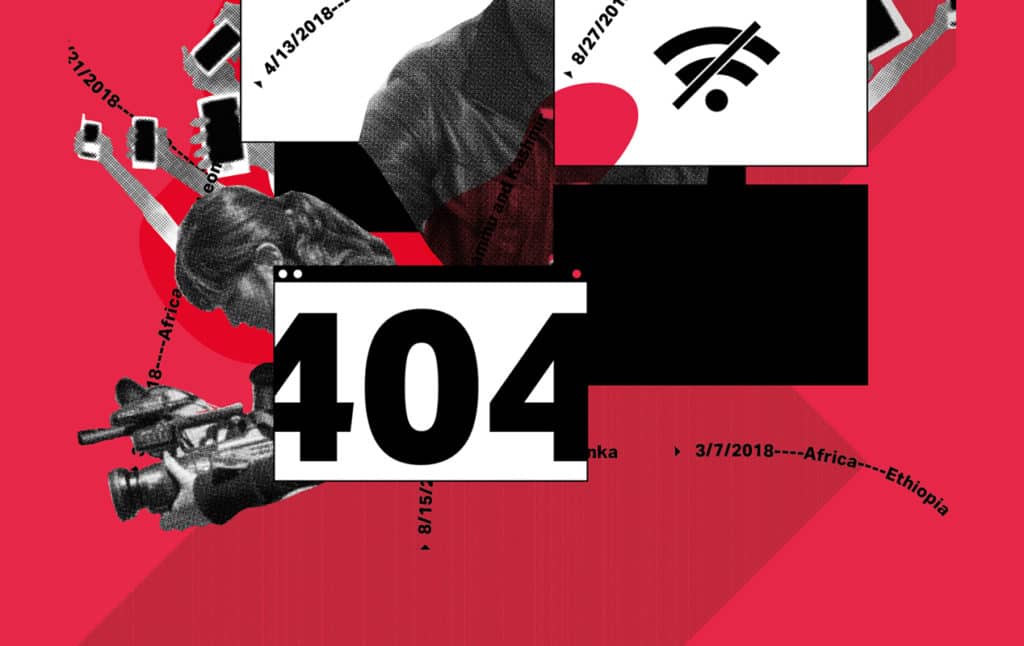London — From Bolivia to Malawi, India, Sudan, and beyond, 2019 was a difficult year, online and off. Access Now’s latest report looks at a trend affecting people’s rights regardless of whether they are active internet users: internet shutdowns. The #KeepItOn coalition has documented an increase in internet shutdowns in 2019, including both more sustained and prolonged shutdowns and more targeted attacks on vulnerable communities.
In 2019 we documented at least 213 incidents of internet shutdowns around the world.
Shutdowns are blatant violations of the rights to freedom of expression and access to information, among other human rights affected by the phenomenon.
“As we look into the countries that are ordering shutdowns and the context in which they occur, we are concerned at the numerous cases of intentional internet disruptions that took place during critical events such as protests or elections,” said Melody Patry, Advocacy Director at Access Now.
“Whether governments are using shutdowns as a tool to silence critics, in an attempt to contain protests, or to conceal human rights abuses, 2019 has been the year of longer internet shutdowns, as well as targeted shutdowns affecting vulnerable groups or during crucial events – during a protest, an election, or a political speech by an opponent, for example,” explained Berhan Taye, Senior Policy Analyst & Global Internet Shutdowns Lead at Access Now.
Targeted, cut off, and left in the dark
The #KeepItOn report on internet shutdowns in 2019
While the internet enables the fulfillment of many human rights, there is a growing concern about the role it plays in facilitating or spreading misinformation and incendiary content. The most common official justification for ordering shutdowns in 2019 was “fighting fake news, hate speech, or content promoting violence.” When these concerns are legitimate, internet shutdowns rarely provide a solution and can worsen an already volatile environment. In some cases, they can lead to or hide atrocities, as seen in Sudan or Myanmar.
In an attempt to address illegal or undesirable content and expression online, governments and companies have too often put forward hasty or poorly crafted solutions that can threaten human rights. These inappropriate solutions include internet shutdowns. But more broadly, we are seeing a hatching of laws, policies, and content moderation practices that hurt free expression and have a disparate impact on those most at risk of human rights violations.
As actors in this space make decisions about content moderation, Access Now encourages them to consider human rights. In our next report, Access Now will publish 26 recommendations on content governance, acting as a guide for lawmakers, regulators, and company policy makers. To receive an advanced copy of the report, please contact [email protected].
